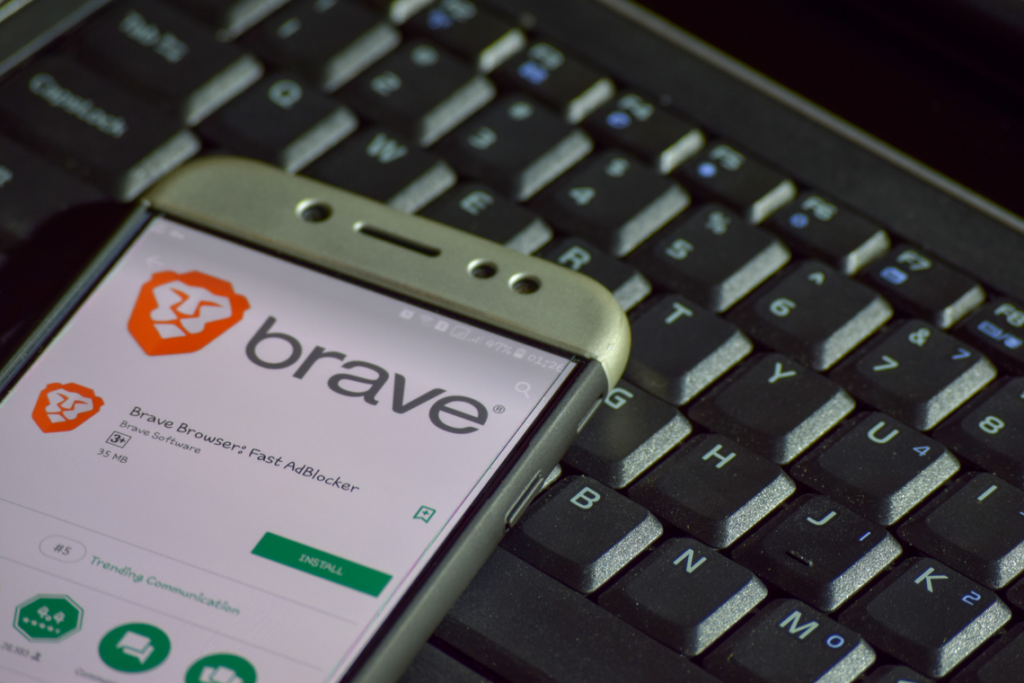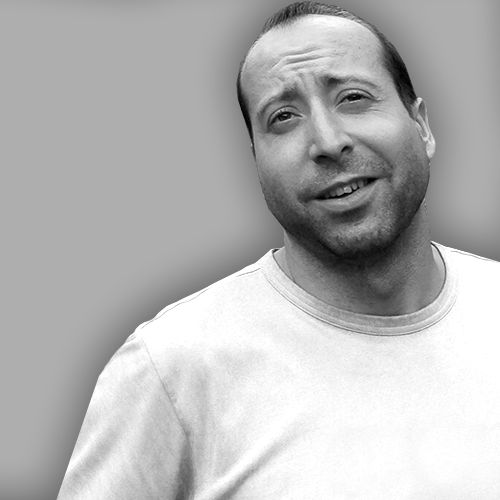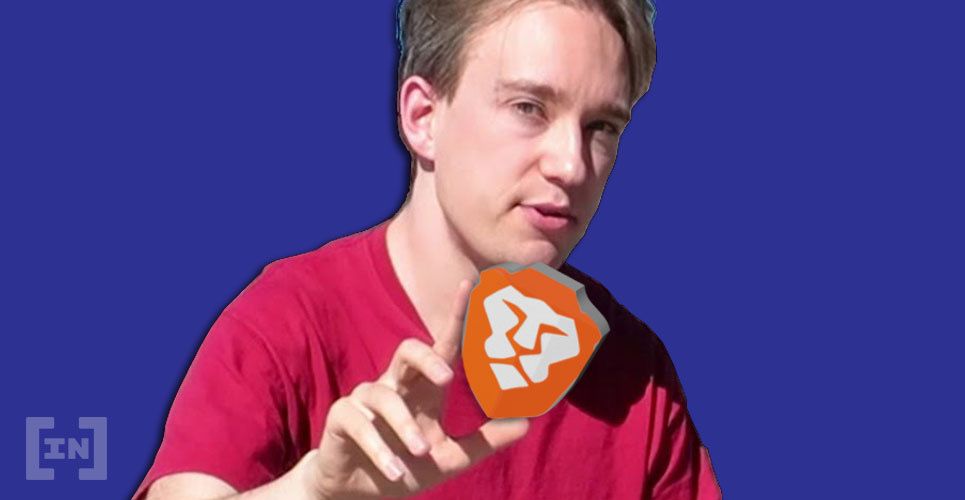Popular YouTuber Tom Scott has recently found out the company behind Brave Browser and Basic Attention Token (BAT) has been using his name and photo to collect cryptocurrency donations — without his content.
One and a half years ago, during the ICO hype, the creator of Javascript and co-founder of Mozilla & Firefox, Brendan Eich, raised $36 million in a matter of minutes in order to try and disrupt the online advertising industry. With the funds, he created a new business model revolving around privacy-centered Brave Browser.
The model is simple: any Brave user can support his or her favorite content creator/website by giving away BAT, either as a tip or as a recurring monthly payment, based on the amount of time spent on that particular website/page.
Recently, the model backfired — mainly because Brave elected to use some of the shady practices propagated by the major Internet companies in recent years. (Specifically, the opt-in by default feature.)

No Consent Needed
Tom Scott warned social media of the practices Brave is using two days ago. Scott is a popular YouTuber with almost 1.5 million subscribers, 17,000 followers on Facebook, plus another 89,000 followers on Twitter. He doesn’t accept donations in any form and is proud of his choice. No wonder he was he appalled when a Twitter follower asked him about the option to donate via the Brave Rewards service. https://twitter.com/tomscott/status/1076160882873380870 Scott didn’t have any knowledge of this service, even though some who admire him already gave their BAT to him — or at least to a page that ‘advertised’ Scott as a content creator. That page had his name and his picture, so the donators assumed Scott created the page or, at least, gave his consent. Apparently, he didn’t. It seems Brave automatically opts every content creator into their system, without specifically asking for consent. If the content creator doesn’t want to use the service, he or she has to voluntarily opt out. Moreover, for Brave, a domain name or YouTube URL isn’t personally identifiable information. In other words, the company believes it doesn’t need consent to use the URL or domain name which, in Scott’s case, is his real name and photo. The YouTuber sent a formal right-to-be-forgotten request to Brave, as per GDPR new rules, to delete the donation page (name, photo, YouTube URL, plus any donation records).Are The Brave Terms Ethical?
Scott’s tweets about Brave angered the BAT backers who generally believe Brave did nothing wrong. Last year, in November, Brave announced the YouTube integration into the Brave Payments system. However, the announcement didn’t mention anything about the opt-in by default feature. Furthermore, the user interface didn’t clearly specify if the creators have joined the Brave Rewards system or not. Following the recent social media scandal, the company announced that, from now on, Brave Browser will clearly notify the user which YouTube publishers haven’t signed up to receive BAT contributions. Also, creators who don’t use Brave Rewards will no longer have their YouTube or Twitch image shown on the donation page. This is an important step in the right direction — but what about the opt-in by default feature? Is it truly ethical to automatically integrate somebody in a system, without his or her prior consent? The BAT team defended its case saying the major Internet companies use the same feature, mainly Reddit and PayPal. Thus, why shouldn’t it? Tom Scott begs to differ. https://twitter.com/tomscott/status/1076436029387821056 What do you think? Was Brave fair in Scott’s case? Is the opt-in by default ethical, in general? Shouldn’t companies like Brave ask for consent before using someone’s name or social media image? Share your thoughts in the comments below.
Top crypto projects in the US | April 2024
Trusted
Disclaimer
In adherence to the Trust Project guidelines, BeInCrypto is committed to unbiased, transparent reporting. This news article aims to provide accurate, timely information. However, readers are advised to verify facts independently and consult with a professional before making any decisions based on this content. Please note that our Terms and Conditions, Privacy Policy, and Disclaimers have been updated.

Florian Gheorghe
I started out in print journalism in 2008 and switched to freelancing two years later. Afterward, I covered the poker and gambling scene for several years before getting into sports and motivational stories.
Crypto-wise, I first learned about Bitcoin just months after the Mt. Gox event. I’ve been riding the bulls and the bears ever since.
I started out in print journalism in 2008 and switched to freelancing two years later. Afterward, I covered the poker and gambling scene for several years before getting into sports and motivational stories.
Crypto-wise, I first learned about Bitcoin just months after the Mt. Gox event. I’ve been riding the bulls and the bears ever since.
READ FULL BIO
Sponsored
Sponsored
